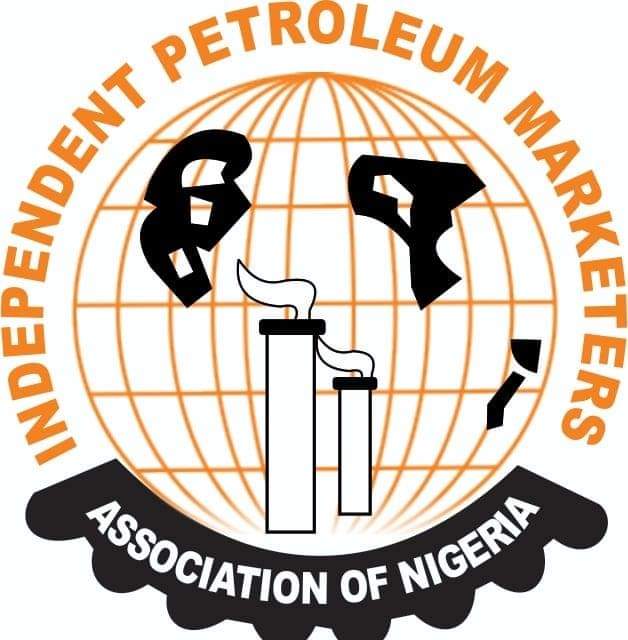Nigerians should prepare for a fresh round of fuel price increases as the Independent Petroleum Marketers Association of Nigeria (IPMAN) announced on Saturday that petrol prices will go up nationwide starting Monday, September 29, 2025.
The development follows a major decision by Dangote Petroleum Refinery to suspend the sale of petrol (Premium Motor Spirit) in naira, citing the exhaustion of its crude-for-naira allocation from the Federal Government.
IPMAN’s National President, Alhaji Abubakar Maigandi, confirmed the announcement during a press briefing on Saturday. He said the suspension would force marketers to buy petrol in dollars, which would automatically lead to a price increase at the pump.
“Yes, we received the email from Dangote Refinery on Friday evening. It informed us that they would stop selling petrol in naira from Sunday, 28th September,” Maigandi said.
“The implication is that our members will raise pump prices. This could take effect from Monday unless the Federal Government steps in to resolve the matter.”
Currently, petrol is sold between ₦865 and ₦910 per litre in Lagos and Abuja. With Dangote now insisting on payments in foreign currency, fuel marketers say they will have no choice but to adjust prices upwards to cover foreign exchange costs.
Many marketers have also expressed concern about how quickly they will be able to access dollars in the official or parallel markets, noting that the move could worsen the pressure on Nigeria’s fragile forex system.
“This is not sustainable,” one independent marketer said. “We are already struggling with the cost of operations. Buying in dollars will make things worse for everyone.”
The Dangote Refinery, which began operations in early 2025 with a refining capacity of 650,000 barrels per day, explained in its official email to marketers that the decision was due to the exhaustion of its crude-for-naira allocation.
The refinery had been operating under a special agreement with the Federal Government, which allowed it to receive crude oil from the Nigerian National Petroleum Company Limited (NNPC) in exchange for selling refined products in naira to help stabilise domestic fuel prices.
This naira-for-crude agreement officially began on October 1, 2024, and was seen as a key step toward energy self-sufficiency and protecting Nigerians from global oil market shocks.
In April 2025, the Federal Government declared the policy would continue indefinitely, citing its positive impact on local fuel prices and its ability to reduce the pressure on the dollar.
However, Dangote’s latest decision raises questions about the sustainability of that policy and whether the government has kept its end of the bargain regarding crude supply.
Adding to the uncertainty is a growing labour crisis at the Dangote Refinery. The Petroleum and Natural Gas Senior Staff Association of Nigeria (PENGASSAN) is currently in a standoff with the company over the alleged sack of over 800 Nigerian workers.
The union has accused the company of anti-labour practices and has threatened industrial action if the workers are not reinstated or fairly compensated.
“It is unacceptable that over 800 Nigerians are laid off without following due process,” a PENGASSAN official said. “We will not allow this to go unchallenged.”
This development, alongside the suspension of naira sales, has created fresh uncertainty around Nigeria’s fuel supply chain and the wider economic reforms currently being pushed by the government.
The Dangote Refinery was expected to be a game-changer in Nigeria’s downstream petroleum sector. As the largest single-train refinery in the world, it was projected to reduce Nigeria’s dependence on fuel imports and lower prices for consumers.
But just months into operation, the refinery is now at the centre of multiple challenges — from foreign exchange constraints, to policy uncertainty, to labour disputes.
Industry stakeholders and union leaders have called on the Federal Government to urgently intervene.
“The government must act fast to resolve this issue,” said Maigandi. “We need a stable supply and a clear policy direction. Without that, marketers cannot plan, and consumers will continue to suffer.”
As the new price template takes effect on Monday, Nigerians are bracing for another round of petrol price increases, while waiting to see whether government authorities will step in to ease the growing pressure on the market.

